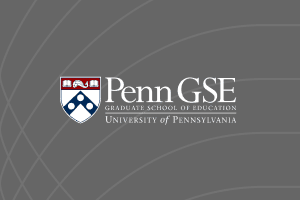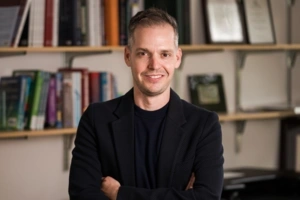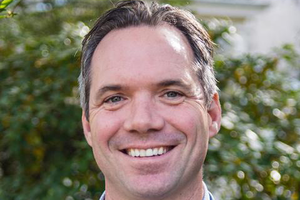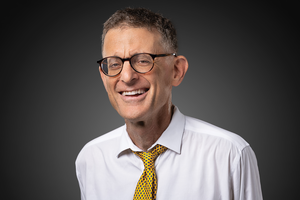Faculty Expert
-
Richard M. Ingersoll
Professor of Education and Sociology
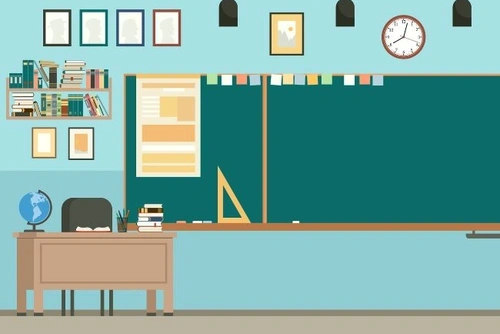
As school districts grapple with teacher shortages and staff burnout, another crisis looms: the pipeline for new teachers is drying up. To nurture the next generation (and retain current staff), experts say state governments, school districts and universities need to remove obstacles and improve working conditions.
According to Penn GSE Dean Pam Grossman, 30-50 percent of new teachers leave the profession after their first five years. That means young educators are opting out just as they are establishing their careers.
“If you lose them in those early years before they’ve had the chance to feel successful and then really have an impact on student learning, you really are affecting kids’ opportunities to learn,” Grossman recently told The Philadelphia Inquirer.
Teaching has always been a labor of love, but during the Covid-19 pandemic, conditions have deteriorated sharply while demands have increased. In 2020, many teachers switched to remote or hybrid learning with little or no training, and they’ve spent the 2021-22 school year helping students readjust to in-person instruction. Combined with well-known job strains—long hours, low pay and lack of support—work has never been more challenging for many teachers.
As a result, teachers are leaving the field faster than ever before. In April, 7.7 million people worked for public schools nationwide, down about 313,000 workers from March 2020, when the pandemic shuttered schools. A recent National Education Association survey reported that 55 percent of union members were pondering leaving the field, up from 37 percent last August.
It’s getting harder for new candidates to fill those gaps. Many states have outdated and onerous requirements for residency, testing and coursework. In Pennsylvania, for instance, teaching candidates are required to have a 3.0 GPA when they reach 60 credit hours and then maintain that until graduation. Aspiring teachers in Pennsylvania also need to pass exams in reading, writing, math and content areas. The exam fees can cost upwards of several hundred dollars. Beginning teacher salaries range from $35,000 to about $59,000 nationally (adjusted for the cost of living). That doesn’t leave most teachers with much extra cash for additional coursework and exams.
To ease the burden, some educational experts have suggested reducing or eliminating the requirements. However, that could create new concerns, according to Penn GSE Professor of Education and Sociology Richard M. Ingersoll.
“How low of a bar do we want?” Ingersoll said. “If you want to upgrade the pay and professional status of teaching, you’ve got to upgrade the entry standards, too.”
In Lancaster County, Donegal School District Superintendent Mike Lausch said the requirements create undue burdens for teaching candidates. For instance, he had a school counselor with five years of work experience in New York who was required to take extra college classes to qualify for a job in his district, while an experienced special education teacher from Maryland had to do another stint student teaching.
“You find a good candidate who is successful ... and then you incur these barriers that frustrate the candidates, frustrate the district,” he said.
Proposed legislation aims to help. One effort in Pennsylvania would extend more financial support to potential teachers, including people of color, and another would allow student teachers to be paid for their work. To attract new talent, New Jersey is proposing to eliminate its residency requirement.
To improve work conditions, educators said districts could also reduce the workday, modify the school calendar, allow more part-time work and train older professionals to take up a career in education.
You can read the full story here.


